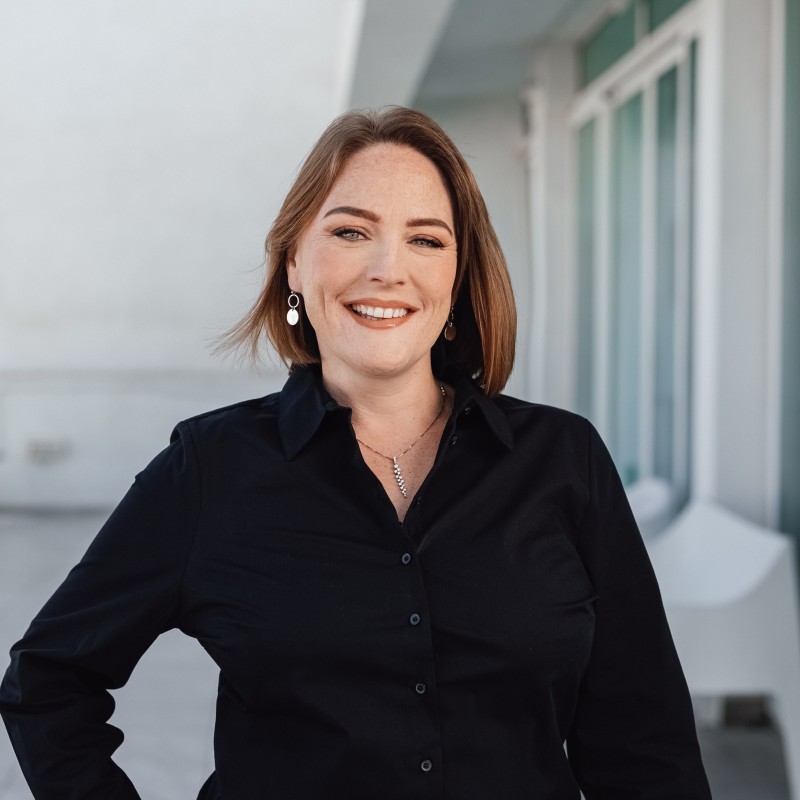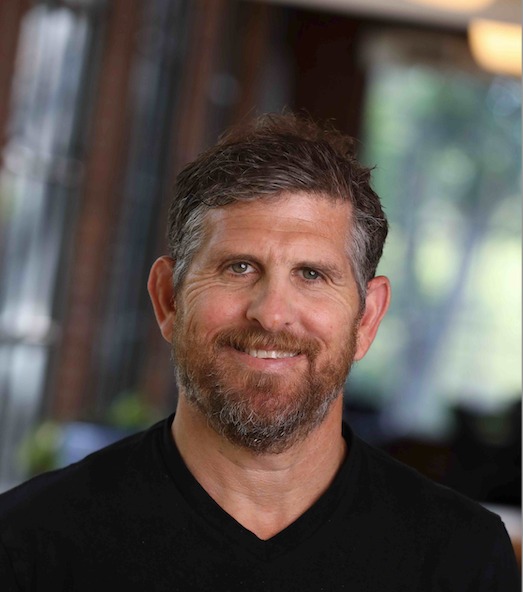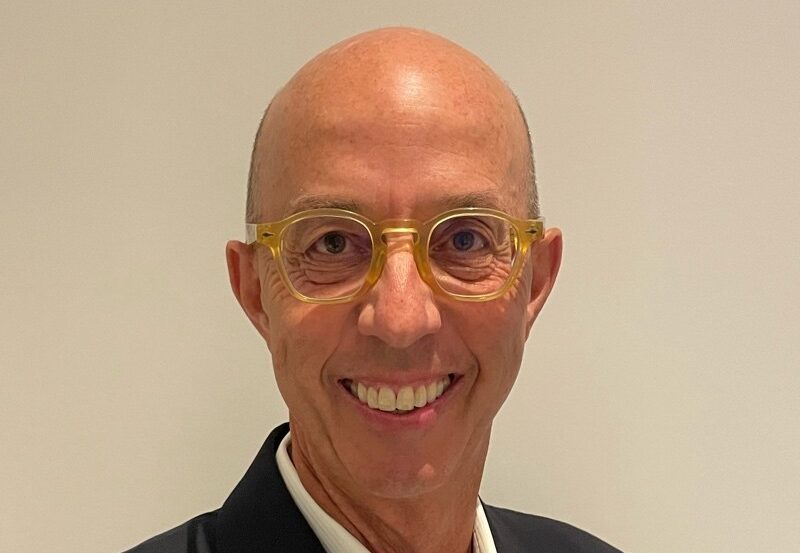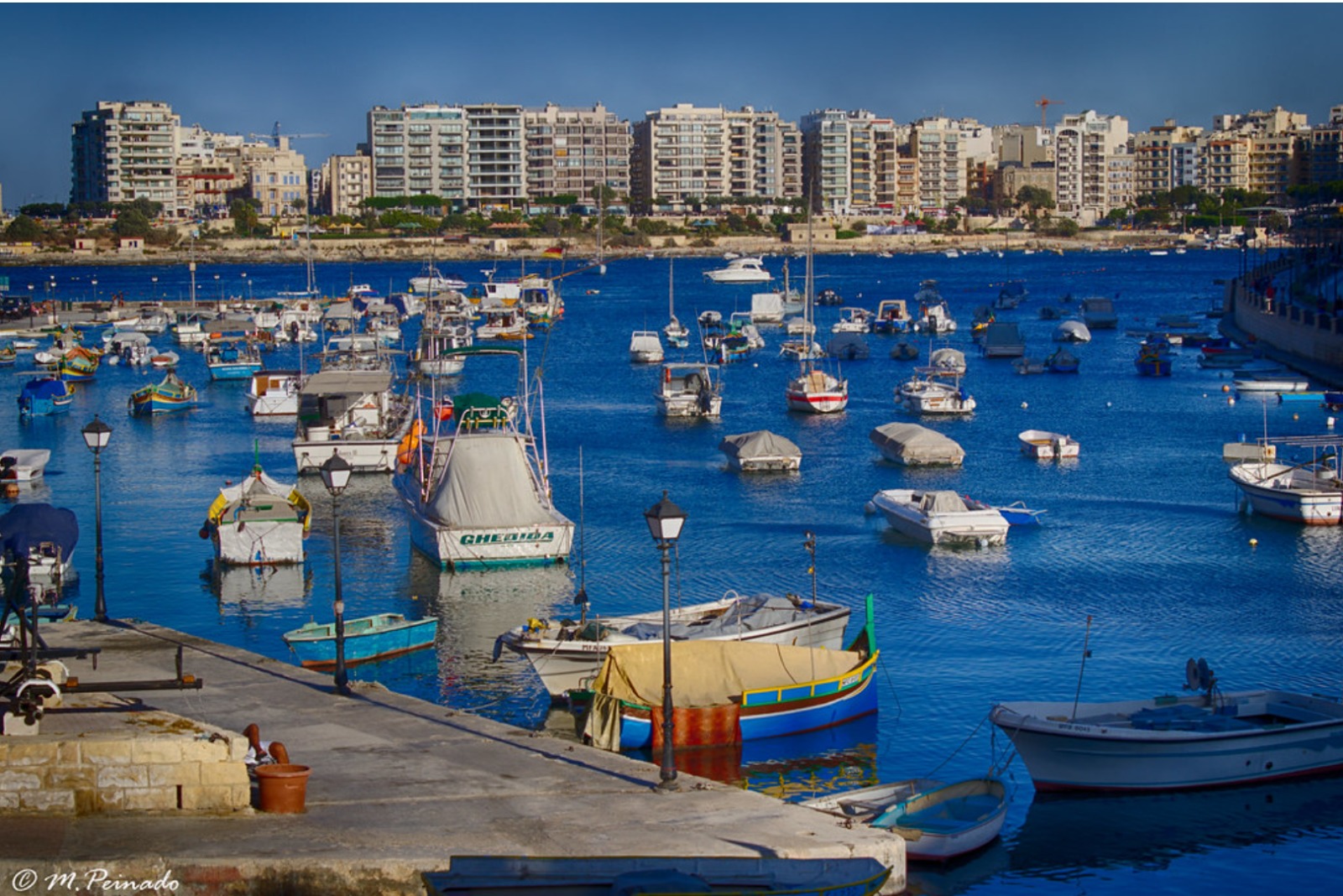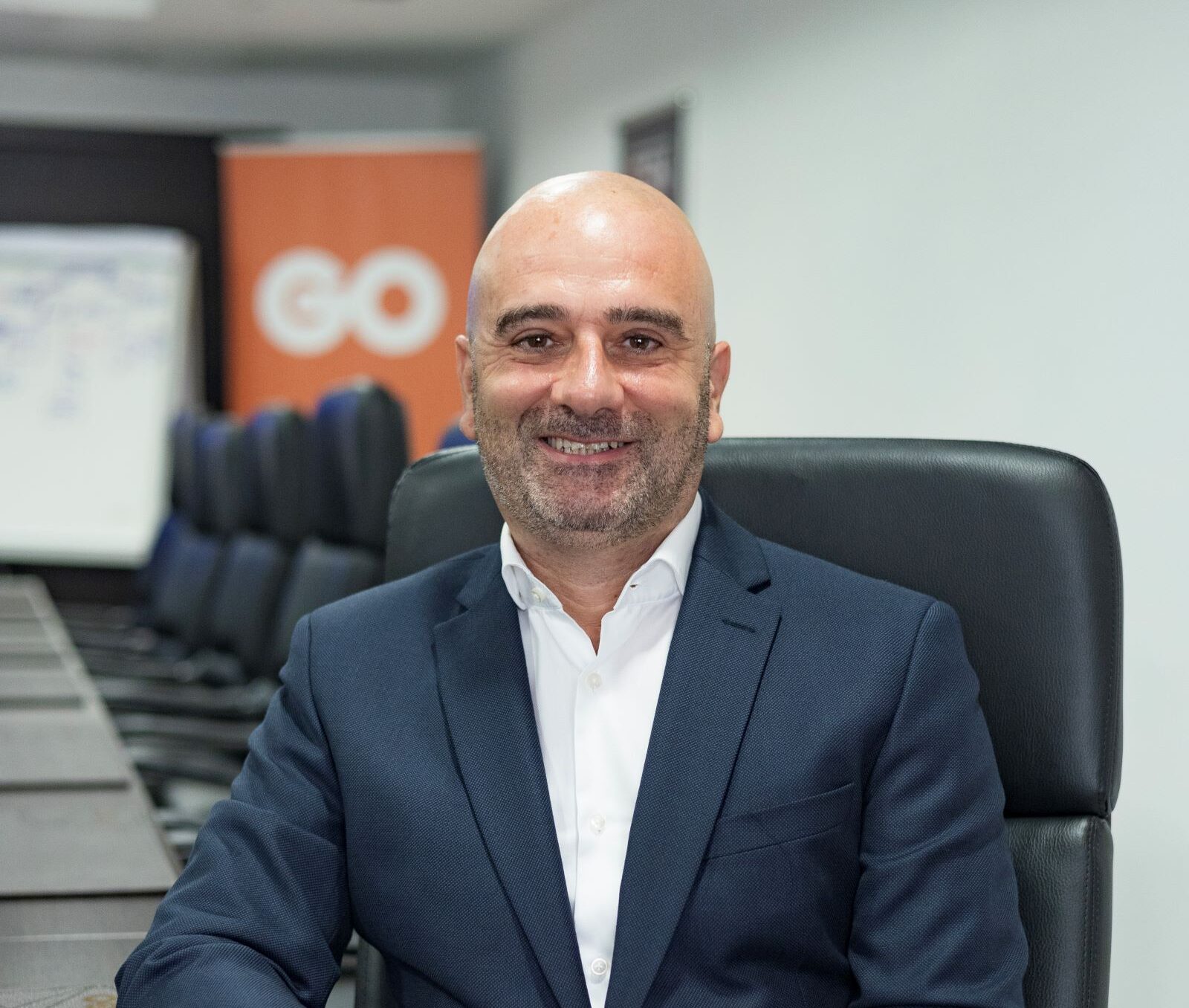The Malta Gaming Authority (MGA) has published amendments to Article 22 of the Player Protection Directive, which represent an effort to streamline the minimum Return to Player (RTP) percentage applicable to licensees across all sectors.
To do so, the amendment lowers the existing minimum RTP percentage (applicable to online operators) from 92 per cent to 85 per cent, bringing it in line with that required of land-based operators.
According to the MGA, “the lowering of the existing RTP percentage has been identified as the most suitable policy measure as it creates a sense of consistency in relation to the requirements laid out for the land-based and removing gaming sectors, removing the discrepancy that exists between both sectors”.
The Authority also notes, however, that all respondents to its consultation observed that the games were likely to be offered at an RTP percentage higher than the minimum established by law.
“Whilst the law does not effectively preclude operators from maintaining a higher level of RTP, the amendment to Article 22 of the Directive creates a level playing field for all MGA-license operators which use repetitively generated random selection for determining winning combinations to players”.
Acknowledging that “responsible decision-making necessitates the consideration of feedback provided by industry stakeholders”, the MGA explains that it conducted a consultation this month to assess the viability of the proposed change.
The consultation, it says, involved a number of industry stakeholders across 10 countries, including consultants and both B2B and B2C operators.
In addition, the MGA comments that it also carried out a comparative analysis on the applicability of the RTP percentages that one may find in selected jurisdictions throughout the European Union (EU), and also outside the of the EU, the results of which are highlighted in the Authority’s consultation document.
Continue Reading
Pjazza 1902: New hotspot blends community engagement and B2B offerings
The entertainment hub, which has recently opened in Pembroke after a lengthy period of meticulous restoration, serves up a gamut of dining, fitness, business and leisure opportunities
Gavin Isaacs steps down as Games Global chairman to take on new role as Entain CEO
His appointment comes into effect from September 2024, and will see him remain on the board of Games Global as an independent non-executive director
Third-largest cryptocurrency exchange OKX selects Malta as its MiCA hub
Under the MiCA framework, OKX plans to offer spot trading (including EUR and USDC pairs) in addition to buy, sell, convert and staking services to qualified EU residents through Okcoin Europe Ltd
GO’s Enterprise Solutions geared to deliver end-to-end business technology
The telecoms firm prioritises holistic and scalable solutions for its corporate clients, says Arthur Azzopardi, Chief Officer at GO Business.



